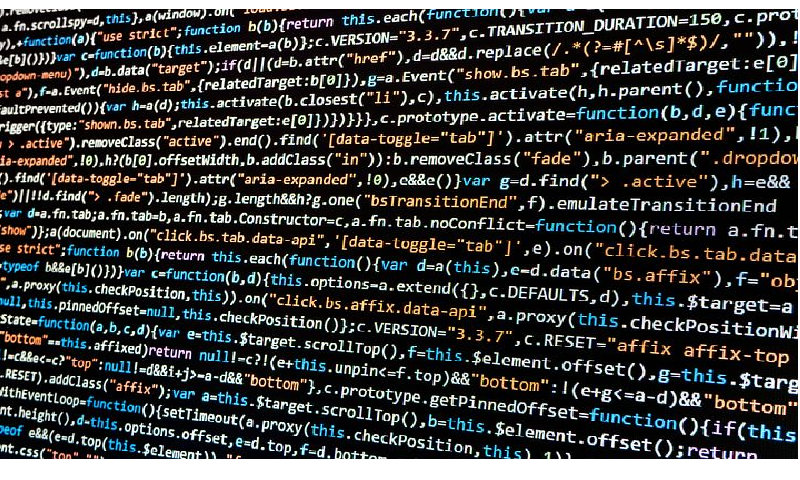What is a programming language

A programming language is a means of communicating with a computer. They allow developers to write code to create applications, websites, and other programs.
There are hundreds of different programming languages, each with its own features and purposes. In general, programming languages can be divided into two main categories: high-level languages and low-level languages.
Low-level languages are closer to machine language and are used to control hardware, while high-level languages are easier to learn and are used to develop applications and software.
Why Learning a Programming Language is Important
Programming knowledge is crucial in today’s IT world.
Due to digitalization, more and more companies and organizations need programmers to develop their applications and websites, manage their databases, and create customized solutions for their business problems.
Another excellent reason to learn a programming language is that it enhances your logical thinking and problem-solving skills.
During programming, you have to solve complex problems, identify errors, and find creative solutions to programming issues.
These skills are transferable and can be applied in many other fields and situations.
Additionally, programming can be a highly lucrative career. According to the US Bureau of Labor Statistics, the average annual salary for a software developer is around $140,000. Moreover, the technology field is continuously expanding, meaning there is a constant demand for programmers and software developers.
How to Start Learning a Programming Language
If you want to learn a programming language, there are many online resources available.
Many of these resources are free and offer a range of programming languages. An effective way to learn programming is through hands-on projects.
If you have an idea for an application or a website, try developing it in the programming language you are learning. This will help you apply what you’ve learned and gain a better understanding of how programming works in a real-world environment.
If you’re unsure which programming language to start with, choose one of the most popular languages like Python, Java, C++, or JavaScript. These languages are popular because they are used in a variety of applications and domains, and there are extensive online resources and communities for these languages.
Alternatively, you can create a programming learning plan and commit to learning every day. It’s important to set realistic goals and make time to practice and apply what you’ve learned.
Many tutorials and online courses can help you learn programming, many of which are available for free or at a low cost. Another option is to enroll in a programming learning program.
These can be online or offline courses where you’ll work alongside instructors and receive community support. While these programs may be more expensive than free online resources, they can be a worthwhile investment in your programming career.
To learn how to code, you’ll need a good computer and a specialized program called a code editor. There are different types of code editors you can use, such as Visual Studio Code or Atom. Some are free, while others offer more advanced features.
Having a good learning environment is essential! Learning to code is like acquiring a special skill that can help you excel in your job.
It also enhances your critical thinking and problem-solving abilities. You can find plenty of places to learn coding, both online and offline, and with hard work and achievable goals, you can become a proficient programmer fairly quickly.
Types of Programming Languages and Their Common Uses
Each programming language has distinct features and is used in various areas of software development. In the table below, I present a few examples of programming languages and their common uses. It provides a concise perspective on how programming languages are applied in practice.
| Programming Language | Common Use Cases |
|---|---|
| Python | Web development, data analysis |
| Java | Mobile application development |
| C++ | Embedded system programming |
| JavaScript | Web interface development |
| Ruby | Web application development |
| SQL | Database manipulation |
| Swift | iOS application development |
| PHP | Dynamic web application development |
| R | Data analysis and statistics |
| Go | Cloud-based application development |